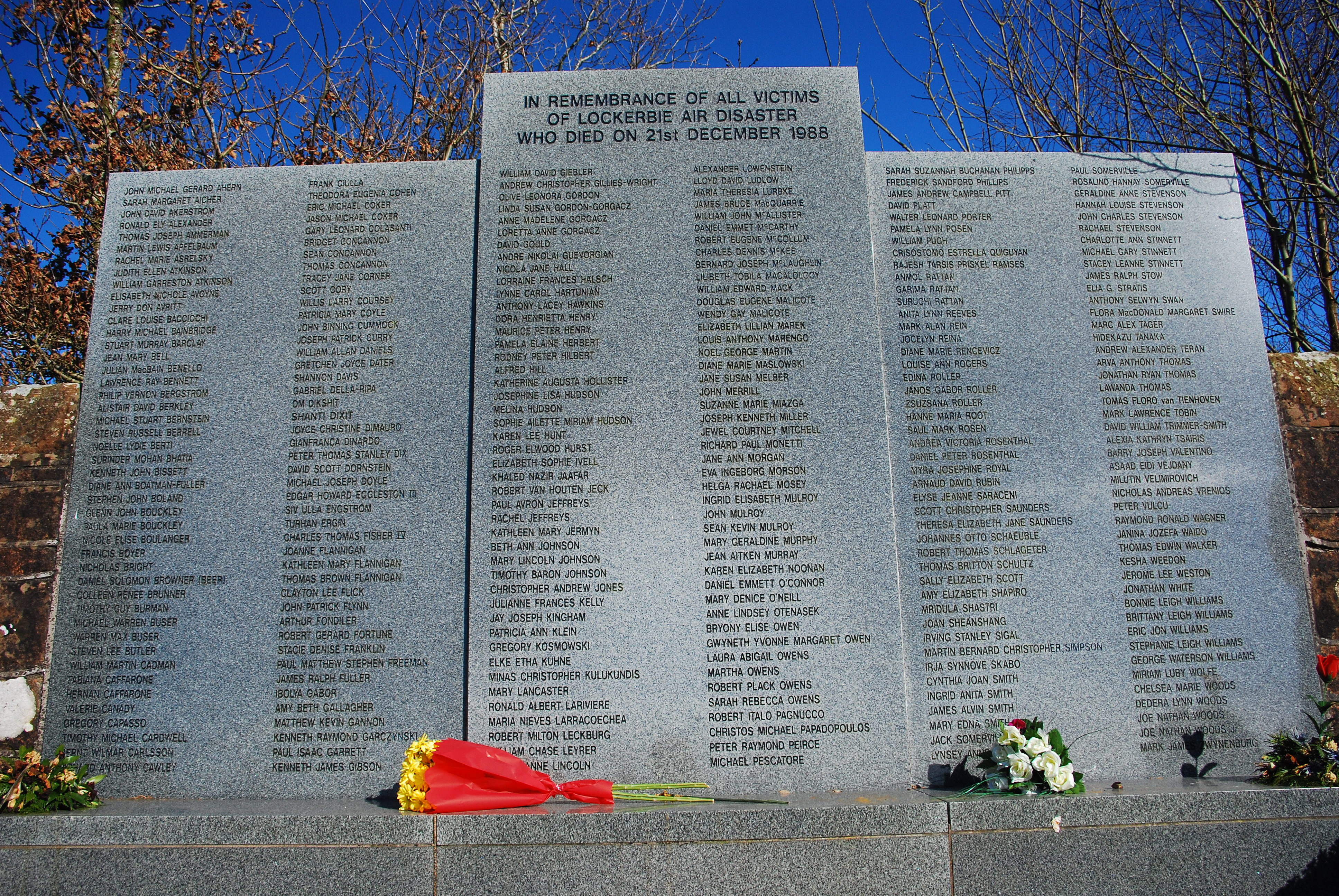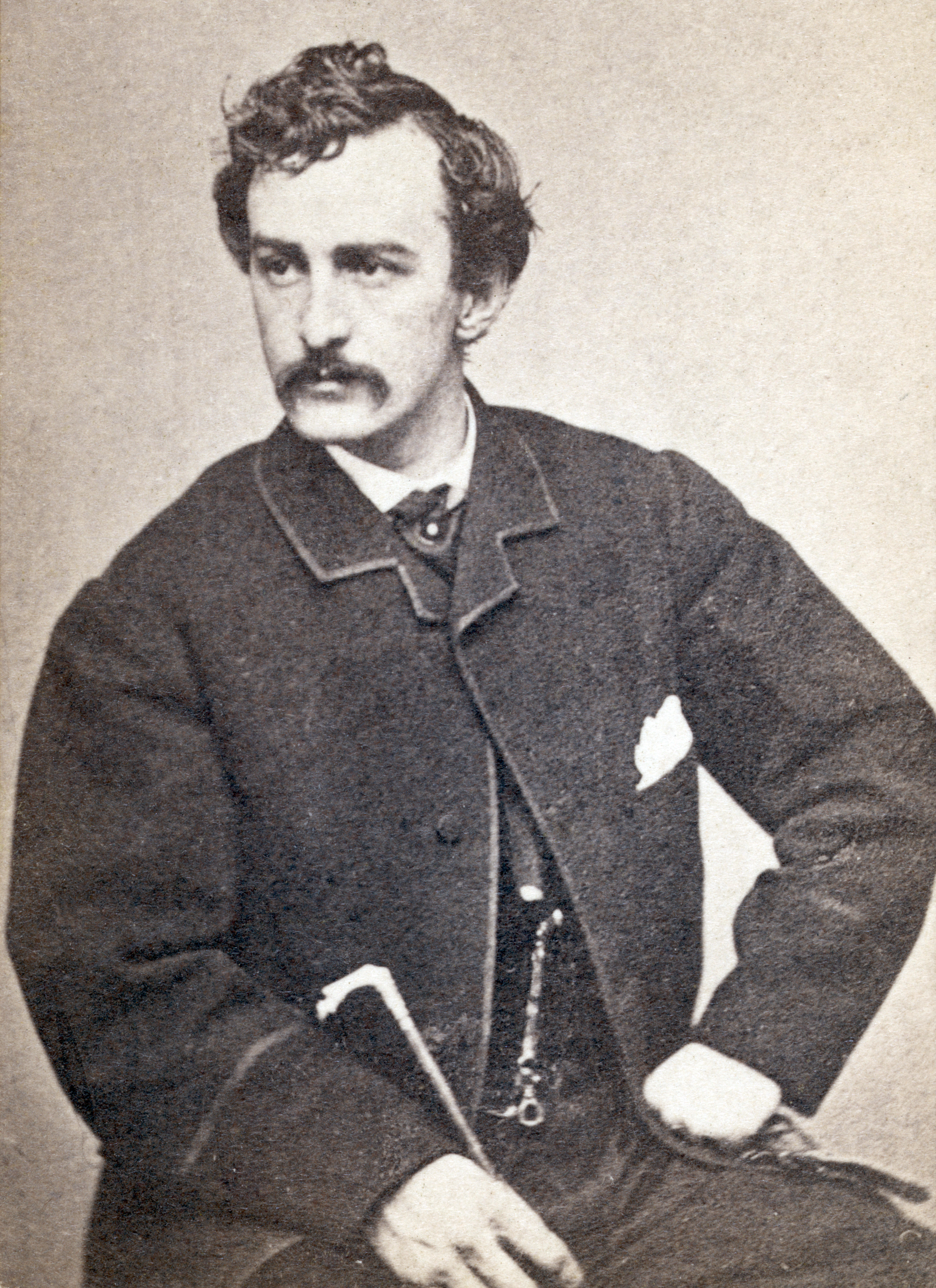|
Condolence Book
A condolence book or book of condolence is a book in which people may record their condolences following a death or great tragedy. Following the death of a leading figure or great disaster, condolence books are placed in public places for members of the general public to use. When closed, the books are given to the relatives of the deceased or archived. Reviewing a condolence book may help grieving relatives come to terms with the reality of their loss. After especially notable deaths, official records of the condolences may be compiled and reprinted. For example, after the assassination of Abraham Lincoln, the Government Printing Office published a leather-bound, gilt-edged collection of official condolences in 1867. Digital condolence books are now placed on the Internet so people may write their thoughts online. See also * Book of remembrance * Eulogy * Grief * Memorial * Tribute A tribute (; from Latin ''tributum'', "contribution") is wealth, often in kind, that a ... [...More Info...] [...Related Items...] OR: [Wikipedia] [Google] [Baidu] |
Condolence Book For Former Prime Minister, Lady Thatcher (8640477662)
Condolences (from Latin ''con'' (with) + ''dolore'' (sorrow)) are an expression of sympathy to someone who is experiencing pain arising from death, deep mental anguish, or misfortune. When individuals condole, or offer their condolences to a particular situation or person, they are offering active conscious support of that person or activity. This is often expressed by saying, "Sorry". Often, the English language expression "My condolences" will be in a context, such as of a friend's loved one, in which the one offering of condolences is communicating feelings of sympathy or empathy to that friend. Condolence is not always expressed in sorrow or grievance, as it can also be used to acknowledge a fellow feeling or even a common opinion. There are various ways of expressing condolences to the victims. Examples include donating money to the charity nominated by the person who has just died, writing in a condolences book or supporting the friends and family of the loved one by making ... [...More Info...] [...Related Items...] OR: [Wikipedia] [Google] [Baidu] |
Death
Death is the end of life; the irreversible cessation of all biological functions that sustain a living organism. Death eventually and inevitably occurs in all organisms. The remains of a former organism normally begin to decompose shortly after death. Some organisms, such as '' Turritopsis dohrnii'', are biologically immortal; however, they can still die from means other than aging. Death is generally applied to whole organisms; the equivalent for individual components of an organism, such as cells or tissues, is necrosis. Something that is not considered an organism, such as a virus, can be physically destroyed but is not said ''to die'', as a virus is not considered alive in the first place. As of the early 21st century, 56 million people die per year. The most common reason is aging, followed by cardiovascular disease, which is a disease that affects the heart or blood vessels. As of 2022, an estimated total of almost 110 billion humans have died, or rou ... [...More Info...] [...Related Items...] OR: [Wikipedia] [Google] [Baidu] |
Tragedy (event)
A tragedy is an event of great loss, usually of human life. Such an event is said to be ''tragic''. Traditionally, the event would require "some element of moral failure, some flaw in character, or some extraordinary combination of elements" to be tragic. Not every death is considered a tragedy. Rather, it is a precise set of symptoms surrounding the loss that define it as such. There are a variety of factors that define a death as ''tragic''. An event in which a massive number of deaths occur may be seen as a tragedy. This can be re-enforced by media attention or other public outcry. A tragedy does not necessarily involve massive death. The death of a single person, e.g., a public figure or a child, may be seen as a tragedy. The person need not necessarily have been famous before death. Factors that make death a tragedy Generally, the label of "tragedy" is given to an event based on public perception. There are a number of factors that can make a death be considered a traged ... [...More Info...] [...Related Items...] OR: [Wikipedia] [Google] [Baidu] |
Assassination Of Abraham Lincoln
On April 14, 1865, Abraham Lincoln, the 16th president of the United States, was shot by John Wilkes Booth while attending the play '' Our American Cousin'' at Ford's Theatre in Washington, D.C. Shot in the head as he watched the play, Lincoln died of his wounds the following day at 7:22 a.m. in the Petersen House opposite the theater. He was the first U.S. president to be assassinated. His funeral and burial were marked by an extended period of national mourning. Near the end of the American Civil War, Lincoln's assassination was part of a larger political conspiracy intended by Booth to revive the Confederate cause by eliminating the three most important officials of the federal government. Conspirators Lewis Powell and David Herold were assigned to kill Secretary of State William H. Seward, and George Atzerodt was tasked with killing Vice President Andrew Johnson. Beyond Lincoln's death, the plot failed: Seward was only wounded, and Johnson's would-be att ... [...More Info...] [...Related Items...] OR: [Wikipedia] [Google] [Baidu] |
Book Of Remembrance
A book of remembrance is a book commemorating those who have died, usually listing their names in date or alphabetical order. They are often compiled to commemorate war dead and others who have died on military operations. Another use is to commemorate people who have been cremated or buried at a location, as an alternative to grave markers. Books of remembrance are often held by municipal authorities or churches and pages may be turned daily in memory of those on each page. Retrieved August 15, 2019. See also * |
Eulogy
A eulogy (from , ''eulogia'', Classical Greek, ''eu'' for "well" or "true", ''logia'' for "words" or "text", together for "praise") is a speech or writing in praise of a person, especially one who recently died or retired, or as a term of endearment. Eulogies may be given as part of funeral services. In the United States, they take place in a funeral home during or after a wake; in the United Kingdom, they are said during the service, typically at a crematorium or place of worship, before the wake. In the United States, some denominations either discourage or do not permit eulogies at services to maintain respect for traditions. Eulogies can also praise people who are still alive. This normally takes place on special occasions like birthdays, office parties, retirement celebrations, etc. Eulogies should not be confused with elegies, which are poems written in tribute to the dead; nor with obituaries, which are published biographies recounting the lives of those who hav ... [...More Info...] [...Related Items...] OR: [Wikipedia] [Google] [Baidu] |
Grief
Grief is the response to the loss of something deemed important, particularly to the death of a person to whom or animal to which a Human bonding, bond or affection was formed. Although conventionally focused on the emotional response to loss, grief also has physical, cognitive, behavioral, social, cultural, spiritual and philosophical dimensions. While the terms are often used interchangeably, bereavement refers to the state of loss, while grief is the reaction to that loss. The grief associated with death is familiar to most people, but individuals grieve in connection with a variety of losses throughout their lives, such as unemployment, Disease, ill health or the end of a Interpersonal relationship, relationship. Loss can be categorized as either physical or abstract; physical loss is related to something that the individual can touch or measure, such as losing a spouse through death, while other types of loss are more abstract, possibly relating to aspects of a person's so ... [...More Info...] [...Related Items...] OR: [Wikipedia] [Google] [Baidu] |
Memorial
A memorial is an object or place which serves as a focus for the memory or the commemoration of something, usually an influential, deceased person or a historical, tragic event. Popular forms of memorials include landmark objects such as homes or other sites, or works of art such as sculptures, statues, fountains or parks. Larger memorials may be known as monuments. Types The most common type of memorial is the gravestone or the memorial plaque. Also common are war memorials commemorating those who have died in wars. Memorials in the form of a cross are called intending crosses. Online memorials are often created on websites and social media to allow digital access as an alternative to physical memorials which may not be feasible or easily accessible. When somebody has died, the family may request that a memorial gift (usually money) be given to a designated charity, or that a tree be planted in memory of the person. Those temporary or makeshift memorials are also ca ... [...More Info...] [...Related Items...] OR: [Wikipedia] [Google] [Baidu] |
Tribute
A tribute (; from Latin ''tributum'', "contribution") is wealth, often in kind, that a party gives to another as a sign of submission, allegiance or respect. Various ancient states exacted tribute from the rulers of lands which the state conquered. In the case of alliances, lesser parties may pay tribute to more powerful parties as a sign of allegiance. Tributes are different from taxes, as they are not collected in the same regularly routine manner that taxes are. Further, with tributes, a recognition of political submission by the payer to the payee is uniquely required. Overview The Aztec Empire is another example, as it received tribute from the various city-states and provinces that it conquered. Ancient China received tribute from various states such as Japan, Korea, Vietnam, Cambodia, Borneo, Indonesia, Sri Lanka, Nepal, Myanmar and Central Asia. Aztec Empire Tributes as a form of government The Aztecs used tributes as a means for maintaining control over con ... [...More Info...] [...Related Items...] OR: [Wikipedia] [Google] [Baidu] |
Books By Type
A book is a structured presentation of recorded information, primarily verbal and graphical, through a medium. Originally physical, electronic books and audiobooks are now existent. Physical books are objects that contain printed material, mostly of writing and images. Modern books are typically composed of many pages bound together and protected by a cover, what is known as the ''codex'' format; older formats include the scroll and the tablet. As a conceptual object, a ''book'' often refers to a written work of substantial length by one or more authors, which may also be distributed digitally as an electronic book (ebook). These kinds of works can be broadly classified into fiction (containing invented content, often narratives) and non-fiction (containing content intended as factual truth). But a physical book may not contain a written work: for example, it may contain ''only'' drawings, engravings, photographs, sheet music, puzzles, or removable content like paper dol ... [...More Info...] [...Related Items...] OR: [Wikipedia] [Google] [Baidu] |





